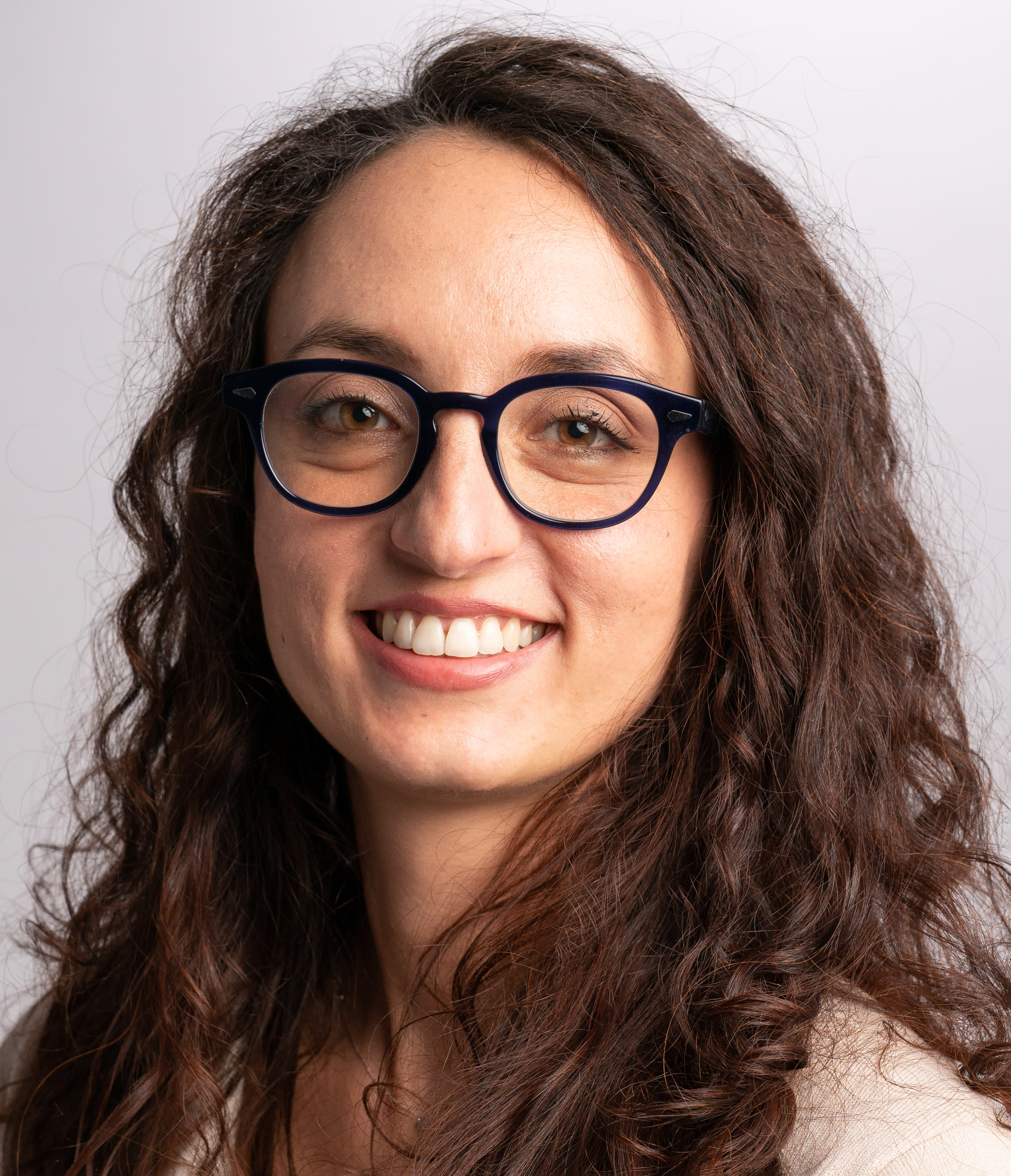Following the lead of open banking initiatives in Europe and the UK, five countries in Latin America – Brazil, Chile, Colombia, Ecuador and Mexico – have backed open finance regulations or are implementing them.
“There are a number of success stories in other parts of the world, specifically Latin America, where open finance is really having a massive impact on the financial sector and on financial inclusion,” says Pablo Viguera, co-CEO and co-founder of open finance platform Belvo.
Brazil has reached five million connected accounts less than a year after the first implementation deadline passed, a feat which took between four and five years in the UK, according to a report by Open Banking Excellence.
As of February 2023, after two years, there are already 22 million customers in Brazil who consented to share their personal and banking data between participating financial institutions, according to Febraban, the association of Brazilian banks.
The principle of full interoperability has been the main driver of the open finance initiative in Brazil since the country opted out of a model in which all institutions plug into a single institution. Finally, Brazil not only defined its application programming interface (API) standards but also the required steps in the customer journey.
Financial inclusion
In Latin America, a region where the percentage of unbanked is notably high, open finance can also help address financial inclusion. Open finance allows the use of alternative sources of information that can be used in addition to bank data to assess customers’ creditworthiness and their financial profile risk. In Mexico, for example, data from the Mexican Social Security Institute can be used, Mr Viguera suggests.
“That tells you what people make, whether they earn their wages in cash or get paid in a bank account,” he adds.
We created a new standard for assessing risks which includes positive data
In the context of credit, in Latin America many people are underwritten based solely on their negative credit history.
“Many don’t even have a history of using credit products. Maybe they didn’t pay a credit card bill three years ago and that will still affect their negative score, despite the fact that their financial situation might have changed in the meantime,” Mr Viguera explains.
“We basically created a new standard for assessing risks which includes positive data, including their daily transactionality and use of debit, which gives you a more complete and updated picture of a person’s current financial situation.”
Banks’ approach
Two years ago, banks in Latin America were comfortable in their position and were not necessarily moving towards open finance.
“Now everyone sees having an open finance strategy as a must. Many of our clients are setting up open finance teams and dedicating increasingly large budgets to it,” says Mr Viguera, who works with a number of lenders in the region.
However, established Mexican banks have not encountered much competition so far from new entrants following the approval of open banking regulation, says Fitch Ratings.
While in Mexico open finance is mandatory, the absence of secondary legislation defining the parameters of open finance and technical API specifications means rules on data sharing among market participants are still to be published.
Brazilian banks’ net fees and commissions are potentially more at risk from increased competitive pressure from the entry of fintechs.
Despite this, challenges remain because banks in the region see the lack of co-operation between institutions rather than technological adaptation as the main challenge for the implementation of open finance, according to a 2023 study by the Inter-American Development Bank.
Fintech views
Open finance has also brought benefits for fintech players.
“We helped Neon, the second largest digital bank in Brazil, to issue more credit cards based on the data that is available to it via open finance without increasing the level of risk, or only increasing the risk to an acceptable enough level,” Mr Viguera says.
More on Latam fintech
Another Belvo client, Mercado Libre’s credit branch Mercado Credito, needed a complementary source of data to strengthen its risk model to increase the volume of loans it offers to merchants working with its e-commerce platform.
The company now offers merchants in Brazil and Mexico the ability to share their banking data through Belvo to better assess their creditworthiness. More than 55% of existing customers got a credit line increase after sharing data through Belvo, says a Belvo spokesperson.
Regulatory progress
Mexico was the first country in the region to issue regulations for financial data sharing through APIs with its 2018 fintech law. Brazil followed in 2020 and, in March 2022, its open banking project was updated to open finance, considering the widening of its scope to encompass other products such as those related to investment, foreign exchange and insurance.
The 2023 fintech law in Chile allows the regulator to authorise newly regulated companies and other audited entities to enable an API to promote the exchange of consumer information. Colombia has put in place a voluntary approach for open finance, foreseeing the option to adapt to certain standards for information sharing.
Finally, the governments of the Dominican Republic and Peru have expressed their interest in implementing such regulations.













